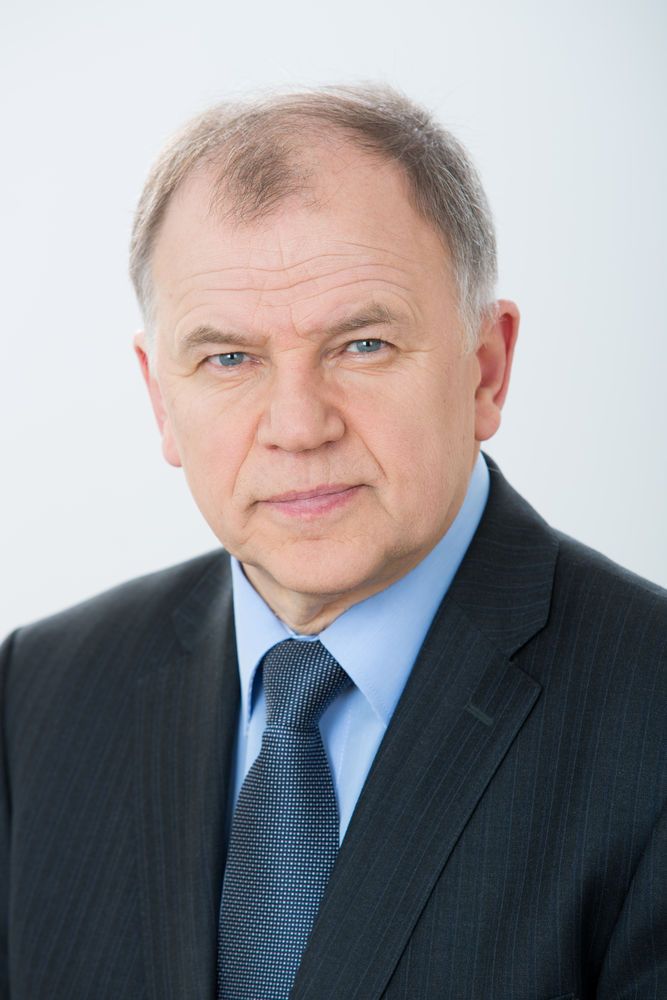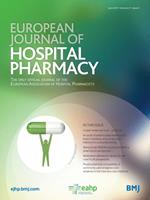EAHP EU Monitor - 17 July 2014
 The EAHP EU Monitor is a regular round up of news relevant to hospital pharmacy in Europe.
The EAHP EU Monitor is a regular round up of news relevant to hospital pharmacy in Europe.You can subscribe to receive the EAHP EU Monitor by email here.
EAHP seeks potential partners for EU funding bids
Ahead of the 25 September deadline for proposals to be made to the EU’s Health Programme, EAHP is seeking interested partners in collaborating in the areas of medicines reconciliation, antimicrobial resistance, and paediatric healthcare interventions such as Therapeutic Drug Monitoring.
More information here.
 Lithuanian Health Minister tipped for EU Health Commissioner role
Lithuanian Health Minister tipped for EU Health Commissioner role
The Lithuanian Health Minister Vytenis Andriukaitis is being tipped by Brussels-based commentators to be appointed to the role of EU Health Commissioner in the Autumn.
The Lithuanian Parliament has now given formal approval for Mr Andriukaitis’s name to be put forward as the country’s candidate for a European Commission position. Whilst it is not formally known which position in the European Commission the Lithuanian Government will seek, Mr Andriukaitis has himself hinted that a healthcare related position would fit with his areas of interest and background: “Health care and social fields would probably be closest to me, although they are very narrow in the EU competences. Without a doubt, I could work in consumer rights, which has to do with many issues, including with – indirectly – health care.”
Before entering politics, Mr Andriukaitis was a medical surgeon by professional background.
More information here and here.
With the President of the European Commission (Jean Claude Juncker) now approved by the European Parliament, the process of the Parliament scrutinising the prospective appointments of the other European Commission top jobs will commence in the Autumn, led by relevant scrutiny Committees. In the case of the Commission’s health portfolio, this will be conducted by the ENVI Committee.
Information on the national membership of the ENVI Committee here.
New European Commission President promotes social impact assessment for austerity measures and replacement of the Troika
Jean Claude Juncker has been confirmed as the new President of the European Commission following a majority vote in the European Parliament. In seeking the Parliament’s support he has given his public support for replacement of the Troika and for social impact assessments to be conducted in relation to new austerity proposals.
Speaking to the European Parliament this week he said: “It is unacceptable to me that workers and retired people had to shoulder the burden of structural reform programmes, while ship owners and financial speculators became even richer. In the future, we need a more democratically legitimate replacement for the Troika, and thorough social impact assessments for any new support programmes.”
He went further to say that in matters of the Troika, it has lacked democracy and therefore it should be subject to parliamentary control.
The European Public Health Alliance responded to his statements, urging that he also introduce specific health impact assessments. More information here.
The European Parliament confirmed Juncker as European Commission President by 422 votes in favour, out of 729. He needed at least 376. 250 MEPs voted against, 47 abstained and 10 votes were considered invalid.
Following the vote Mr Juncker will now send official letters to the member states' leaders, inviting them to propose their candidate members of the Commission.
Mr Juncker will formally take up position as the head of the European Commission on 1 November 2014.
More information here.
EJHP: Economic impact of antifungal treatment in IFD by Candida species
The online first edition of the European Journal of Hospital Pharmacy has recently published a study from Giovanni Battista hospital in Turin, Italy, which evaluated the potential savings resulting from the substitution of caspofungin and liposomal amphotericin B with anidulafungin in intensive care units (ICUs), where appropriate, for the treatment of invasive fungal disease.
More information here.

.jpg)




